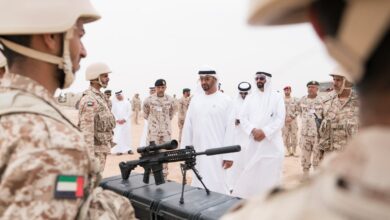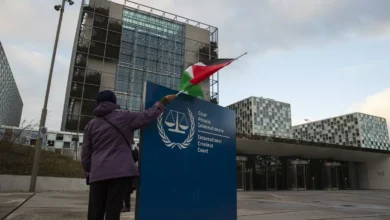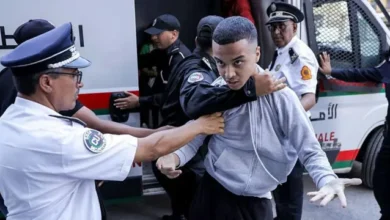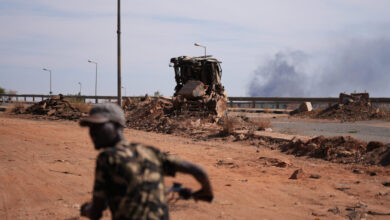From Somalia to Gaza: How the UAE Fuels Blackwater’s Shadow Wars
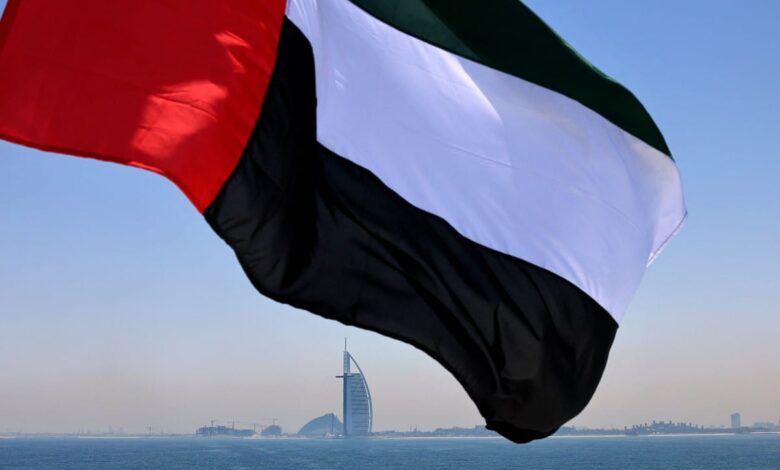
Executive Summary:
Once synonymous with war crimes in Iraq, Blackwater — the infamous private military company founded by Erik Prince — has morphed into a global instrument of covert warfare, thanks largely to its strategic partnership with the United Arab Emirates. This report traces the evolution of Prince’s mercenary network from the aftermath of the 2007 Nisour Square massacre to its modern operations spanning Somalia, Sudan, Gaza, and beyond.
1. Origins: Blackwater’s Rebirth in Abu Dhabi
Following global backlash after the Nisour Square massacre, Erik Prince fled increasing scrutiny in the U.S. and found a willing backer in Crown Prince Mohammed bin Zayed (MBZ) of the UAE. Rebranding as Xe, then Academi, Prince laid the groundwork for a new kind of privatized warfare — one backed by Gulf oil wealth.
By 2011, Prince had built a private mercenary force in the UAE. Hundreds of Latin American ex-soldiers, mostly from Colombia, Chile, and Panama, were covertly flown in under the guise of laborers and trained at Zayed Military City.
Their mission:
- Protect the Emirati royal family
- Suppress domestic dissent
- Expand Abu Dhabi’s influence through proxy conflicts
2. Somalia: Ground Zero for a Global Shadow Network
Somalia quickly became central to this expanding enterprise. Under the pretext of combating piracy, the UAE — with U.S. backing — trained 2,000 Somali fighters. However, this initiative evolved into something far more insidious.
Somalia’s strategic geography turned it into:
- A recruitment hub for foreign fighters
- A logistics corridor for regional operations
- A launchpad for Emirati-backed campaigns in Yemen, Libya, and Sudan
UAE-linked firms like Lancaster 6 and Opus Capital embedded themselves across East Africa, securing control over key Red Sea ports in Eritrea and Somaliland — combining military presence with economic leverage.
3. Sudan: Mercenaries on the Frontlines of Ethnic Violence
When war reignited in Sudan in 2023, Somali and Colombian mercenaries — many transiting through Somalia and Chad — were deployed to support the Rapid Support Forces (RSF), accused of mass atrocities in Darfur.
Fighters were reportedly offered:
- Salaries of up to $3,000/month
- $10,000 combat bonuses
- Access to Emirati-supplied drones and heavy weaponry
In August 2025, a UAE military aircraft crashed in Darfur, killing 40 Colombian mercenaries. The incident exposed the UAE’s direct involvement in Sudan’s conflict and drew international condemnation — notably from Colombian President Gustavo Petro, who denounced the operation as being run by “merchants of death.”
4. Gaza: From Proxy War to Post-War Planning
In 2024, reports emerged of Emirati-financed mercenaries assisting Israeli operations in Gaza and southern Lebanon. Witnesses in Rafah described tanks bearing both Israeli and Emirati flags, while some detainees reported being interrogated by Arabic speakers with distinct Emirati dialects.
Diplomatic sources revealed:
- UAE’s role in “day-after” governance planning for Gaza
- Emirati militias working in tandem with Israeli forces
- UAE-plated vehicles operating deep inside Rafah
This revealed a new frontier in outsourced warfare: Gulf-backed forces deployed not just for regime change, but for territorial reshaping.
5. The Model Expands: Vectus Global and Haiti
Erik Prince’s latest firm, Vectus Global, has since secured contracts in Haiti — recycling the same model used in Somalia:
- Foreign fighters
- Drone warfare
- Private air transport
- Total deniability
What began as palace protection in Abu Dhabi has metastasized into a global system of outsourced conflict.
6. Somalia’s Strategic Cost
For Somalia, the implications are severe:
- Erosion of sovereignty
- Exploitation of its youth as expendable labor in foreign wars
- Entrenchment of foreign-controlled logistics and intelligence networks
Rather than combating instability, the UAE has helped institutionalize it — with Somalia caught in the crosshairs.
Conclusion: A New Age of Shadow Warfare
This is not conventional warfare. It is a privatized, deniable, and monetized form of imperial projection. From post-colonial African states to besieged Palestinian territories, a new conflict model is taking shape — one bankrolled by Gulf wealth, directed by Western contractors, and fought by soldiers of fortune.
As one analyst put it:
“The new world order isn’t led by nations. It’s run by networks.”
And Somalia, tragically, has become a keystone in that network.

